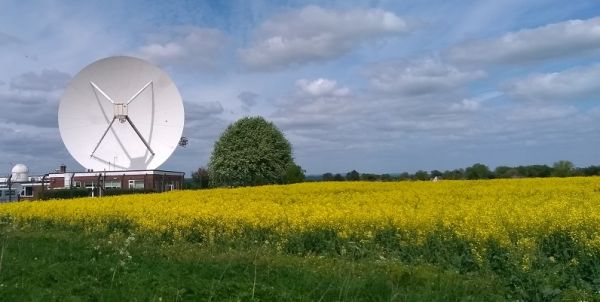
Breathing new life into Earth's oxygen debate
New research strongly suggests the distinct "oxygenation events" which created Earth’s breathable atmosphere happened spontaneously, rather than as a consequence of biological or tectonic revolutions.

New research strongly suggests the distinct "oxygenation events" which created Earth’s breathable atmosphere happened spontaneously, rather than as a consequence of biological or tectonic revolutions.

According to new research nearly 40 percent of global land plant species can be categorized as very rare, and these species are most at risk of extinction as climate and land use continues to change.

During the last two decades agricultural practices and nitrogen-rich fertilisers have significantly increased the amount of nitrous oxide emissions in the atmosphere, according to a new study.

Introducing fungi to wheat boosted their uptake of key nutrients and could lead to new, ‘climate smart’ varieties of crops, according to a new study.

A prestigious fellowship will support five University of Leeds researchers addressing global challenges.

A new report shows low carbon measures in cities could reduce urban emissions by nearly 90% and support 87 million jobs worldwide by 2030.

Reducing fossil fuel emissions aggressively but gradually will not cause a large spike in short-term warming as feared, according to new research.

The University of Leeds has fully divested from significant fossil fuel extractors and has set out seven bold principles it will adopt to help tackle the climate crisis.

Scientists are developing a pioneering technique that allows them to monitor insects in the air using weather radars, as part of a research project called BioDAR.

A new report has called for a national debate on who should pay for the UK’s much-loved public parks and green spaces.